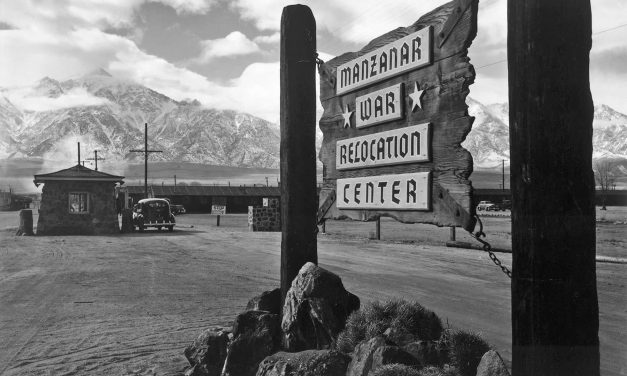Showcase of extremism at CPAC: Trump embraces grievances that echo surge of fascist movements
The Conservative Political Action Conference (CPAC) met in Washington DC, over the March 4 weekend, sparking speculation over the 2024 Republican presidential field. Hard-right figures like Donald Trump and his loyalists Mike Lindell, the MyPillow entrepreneur, and Kari Lake, who lost the 2022 race for Arizona governor, attended, along with House Judiciary Committee chair Jim Jordan (R-OH) and right-wing media figure Steve Bannon, but many of those testing the 2024 presidential waters gave it a miss. CPAC started in 1974, and since then it has been a telltale for the direction the Republican Party is going. This year was...
Read More















